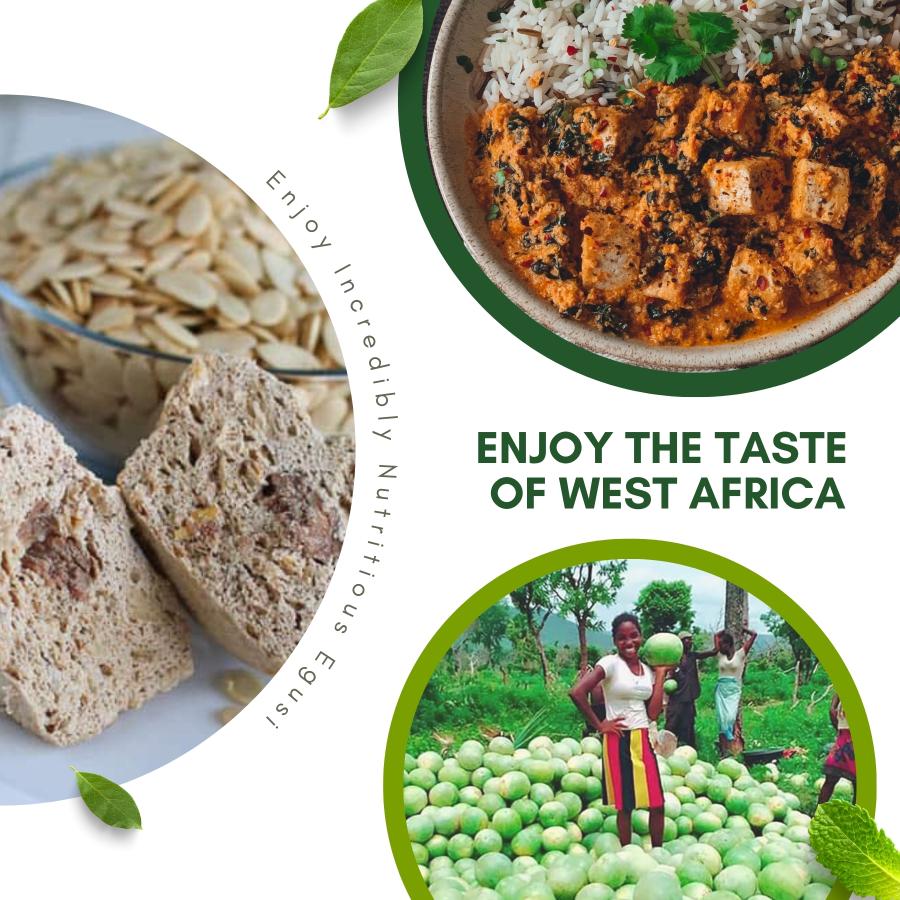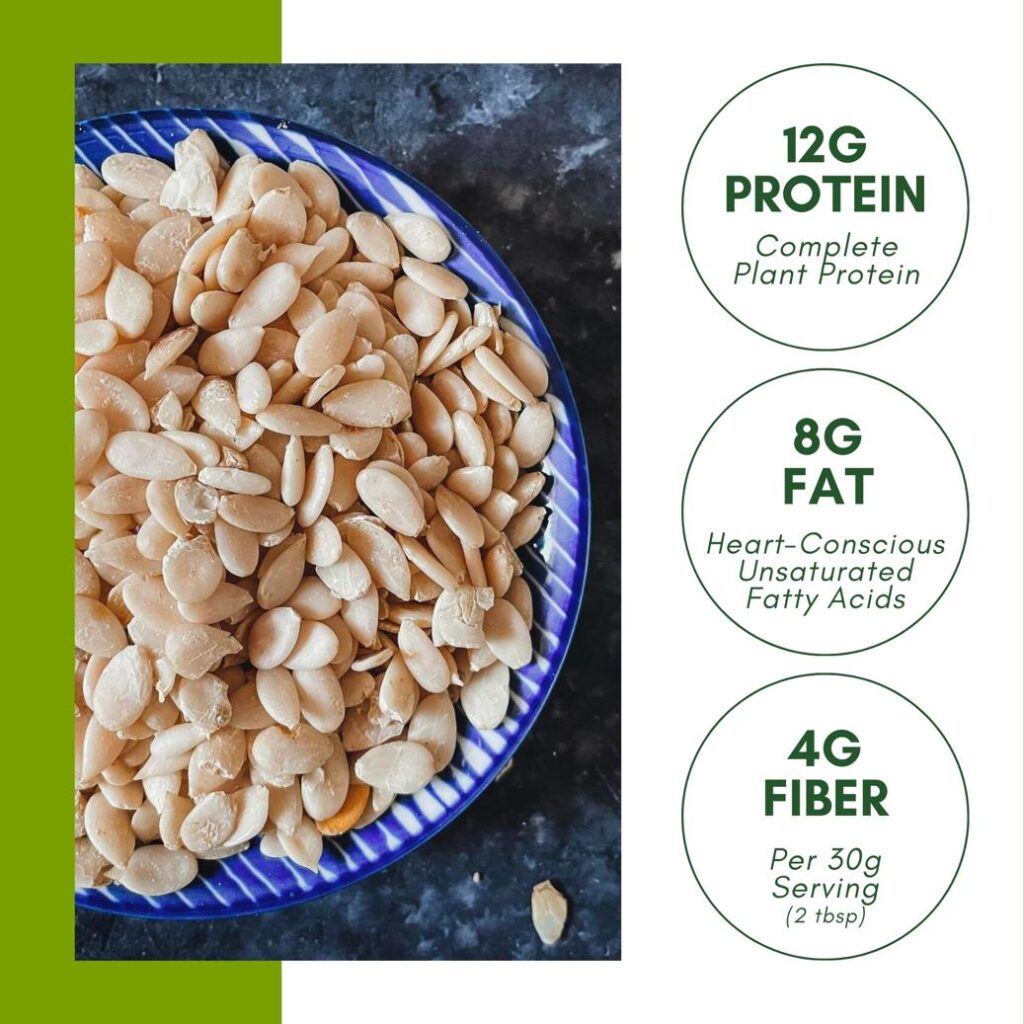In the realm of conscious eating and sustainable farming, the African staple known as ‘Egusi’ is emerging as not just a culinary delight, but a key player in the regenerative agriculture movement. From the sun-soaked fields of West Africa to the tables of global vegan and vegetarian communities, there’s a growing interest in understanding the connection between this traditional ingredient and the revolutionary farming method that promises to rejuvenate our planet’s health.

The Egusi Experience: More Than A Savory Staple
For those who savor the rich and nutty flavor of Egusi, it’s a hearty ingredient that adds depth to stews and soups. However, this humble seed goes beyond its gastronomic appeal. Egusi, harvested from the fruit of vines native to West Africa, is a nutritional powerhouse, packed with proteins and vitamins essential for a balanced diet. What’s intriguing is how its growth and cultivation speak to a deeper tradition of native wisdom in farming that predates the current environmental discourse. Its cultivation benefits from practices akin to regenerative agriculture long before the phrase was coined, signaling a connection between past and present that holds valuable lessons for our future.
Cultivating Egusi and Caring for the Earth
Regenerative agriculture, a term at the heart of modern sustainability, involves farming practices that improve the health of the land by restoring its fertility and fostering bio-diversity. Unlike industrial monocultures that often deplete soil health and rely on heavy use of chemicals, regenerative methods including no-till farming, cover cropping, and composting are designed to work with nature rather than against it. The methods employed in Egusi farming align remarkably with these principles. Egusi growers in Africa tend to favor methods that are gentle on the earth — not tilling the soil, eschewing pesticides, and encouraging a diverse ecosystem around their fields.
Seeds of Change: The Environmental Impact
The environmental ramifications of adopting regenerative agriculture are profound. By growing crops like Egusi in a regenerative manner, farmers are not only safeguarding their livelihoods but also contributing to global efforts to combat climate change. The no-till approach prevents soil erosion and carbon loss, while the absence of chemical inputs preserves the purity of the local water supply. The biodiversity fostered supports pollinators crucial for global food production and encourages soil microbiomes that contribute to the overall health of the ecosystem. While the impact of each plot of egusi farmland may seem small, the cumulative effect of widespread adoption is nothing short of significant.

From the Field to Your Plate
Understanding the farm-to-table journey of Egusi provides a fresh perspective on how we define sustainability in our diets. By supporting the growth of egusi and similar crops cultivated through regenerative methods, we’re not just advocating for healthier food choices but for a farming approach that respects the environment and communities involved in food production. For those in the vegan and vegetarian communities, Egusi offers a source of essential nutrients that align with a plant-based diet and a chance to engage with the cultural depth of its origin.
The Call for Action
It’s evident that Egusi and regenerative agriculture share a common ethos of preservation and nourishment. This awareness calls on us to reevaluate our food choices and the systems that produce them. How can we, as consumers, support the growth of ingredients like egusi cultivated through regenerative methods? How can we advocate for policies that promote such farming techniques globally?
The answers lie not just in our individual grocery lists but in the collective push for change, from demanding transparency in the food supply chain to exploring new culinary horizons that celebrate the diversity of regeneratively grown produce. The story of Egusi and regenerative agriculture is a reminder that the heritage of our meals is intricately linked to the health of our planet.
In promoting these traditional foods and farming methods, we’re sowing the seeds for a future where sustainability isn’t just a buzzword but a way of life that ensures the bounty of the earth for generations to come.


